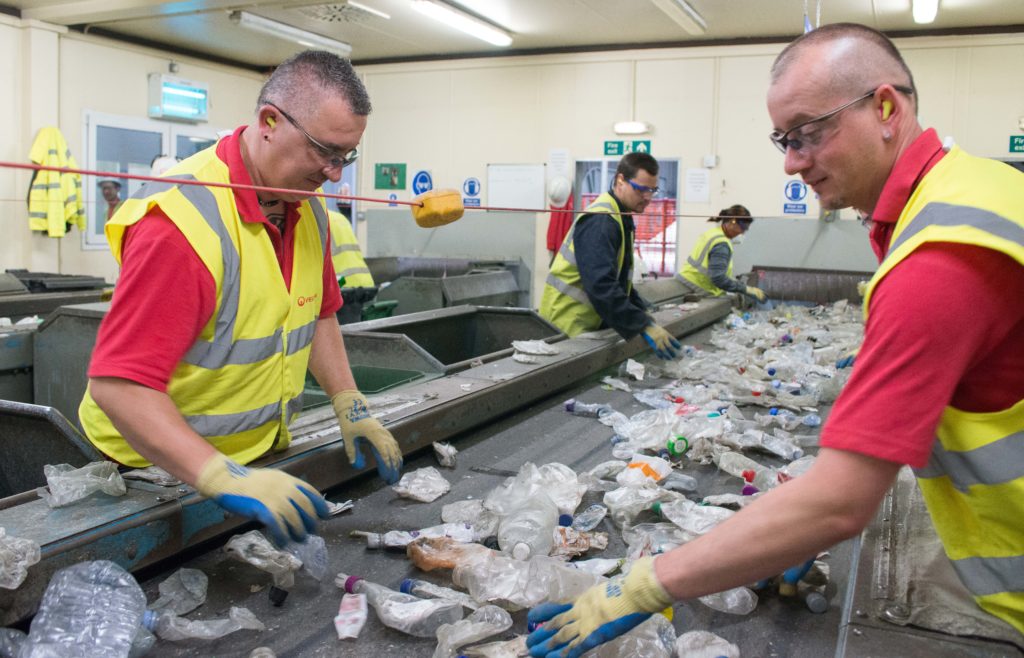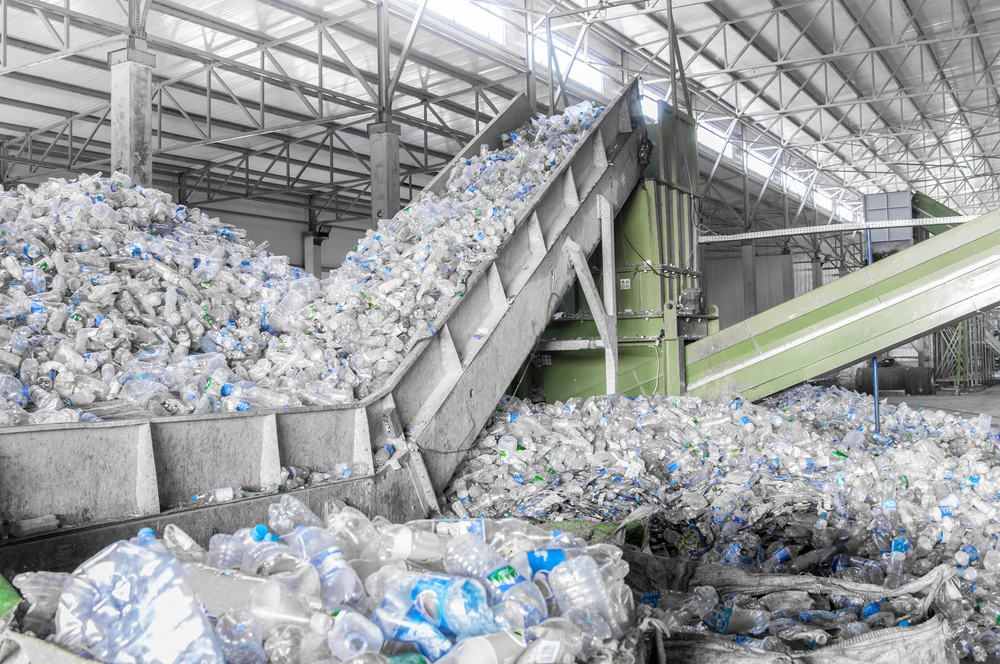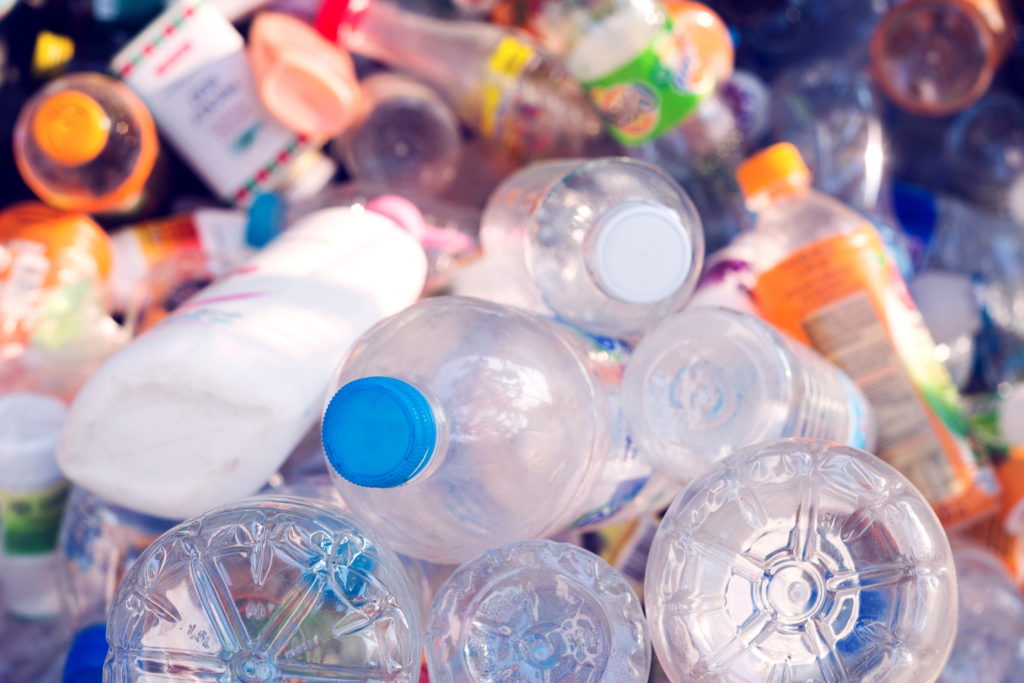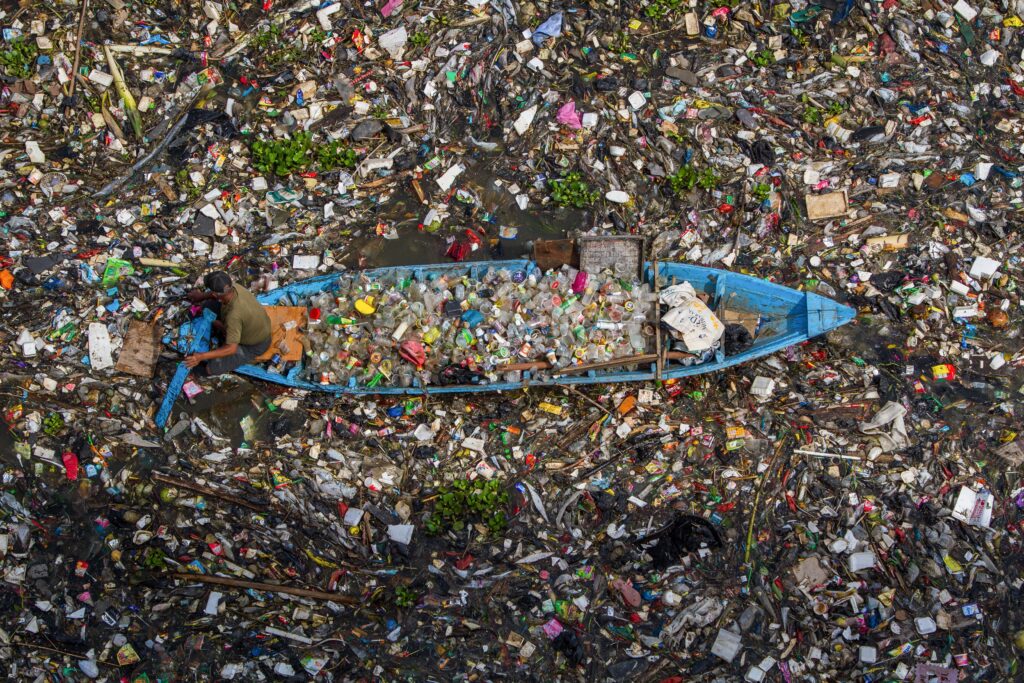However, the company says a similar number of respondents (84%) were supportive of the policy as it currently stands.
The study involved 507 people and was run in partnership with YouGov. It was released by Veolia this morning (18 August), the day after a Treasury technical consultation on the tax came to an end.
The technical consultation looked to gather feedback from stakeholders on the drafting of the statutory instruments to make sure the Treasury “delivers the policy correctly and effectively”.
Momentum
Tim Duret, director of sustainable technology, Veolia UK and Ireland said: “The plastics packaging tax is removing the economic burden of acting more sustainably and levelling the playing field for businesses.
“In order to continue this momentum, we need to escalate the tax and roll it out across all types of plastics like construction, cars, furniture and electric goods.
“It is essential that we continue pairing our actions with the backing of policy. 84% of businesses we spoke to agreed and support the incremental increase to the plastic packaging tax.”
“It is essential that we continue pairing our actions with the backing of policy” – Tim Duret, director of sustainable technology, Veolia UK and Ireland
Tax
Sitting alongside the government’s Resources and Waste Strategy, the plastic packaging tax places a £200 per tonne levy on producers or importers of plastic packaging if they do not include 30% recycled content.
Veolia’s research found that the two biggest drivers for acting more sustainably in business are government mandate (30%) and an environmental conscience (48%).
Veolia, which collects more than 100,000 tonnes of plastic for recycling annually in the UK, recently expanded its operations to be able to recycle dozens of different grades of plastics.
This comes as a number of the largest waste management companies have begun to invest in domestic plastic recycling infrastructure.
‘End market’
Commenting on the tax’s impact, Helen Bird, strategic technical manager for plastics at WRAP, said: “The end market for recycled plastic is central to circularity and it’s positive to see that ahead of implementation, the plastics tax has positively impacted on demand. However, challenges remain. For some packaging it is practical to reach higher levels of recycled content, while for others, the roll-out of technological developments will be required to include any.”
Ms Bird continued: “While we continue to export more than half of the UK’s plastic packaging waste, many businesses are struggling to secure enough recycled material to meet targets such as The UK Plastics Pact and tax obligations. We must continue to work together to drive investment to overcome these challenges and act more sustainably.”










Subscribe for free